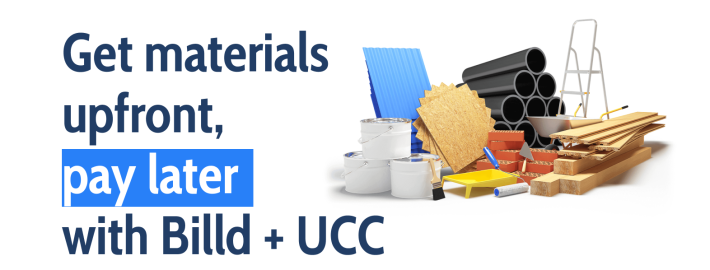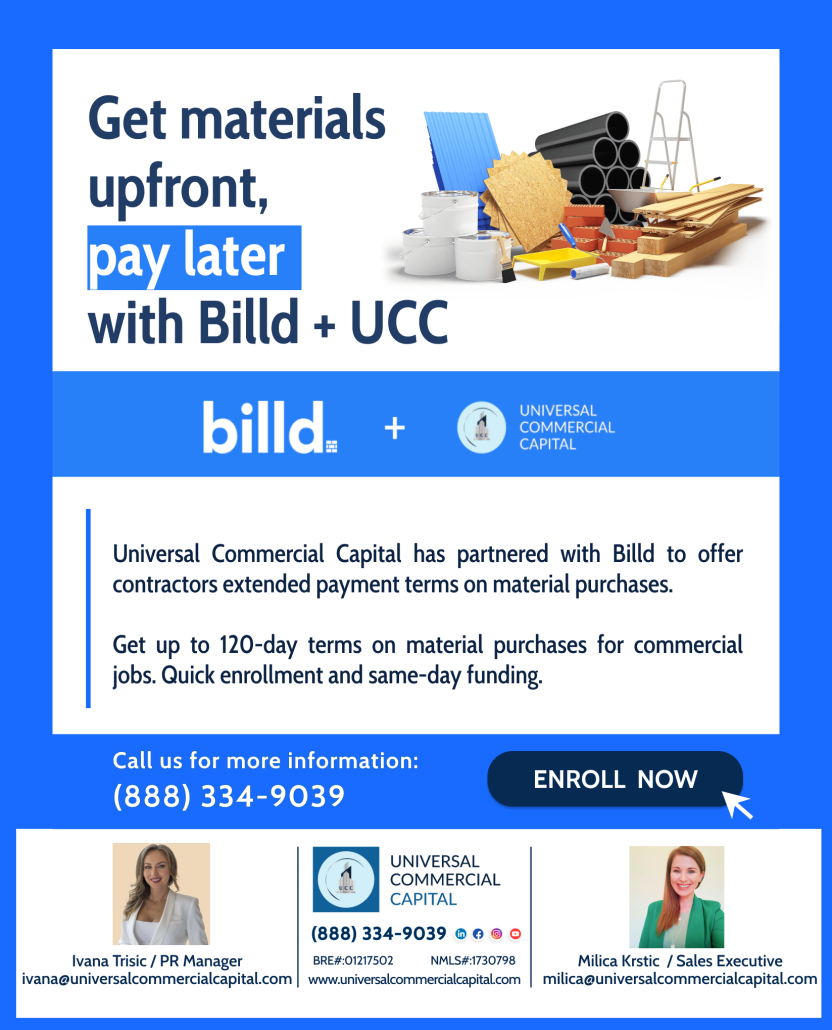Marketing Your Way To Millions
Image by Gerd Altmann from Pixabay
When Kathy Kennebrook first started in the Real Estate Investing Business, she very quickly figured out that the best way to find good deals was to locate qualified motivated sellers. What is a qualified motivated seller? It’s someone who needs their property now, as opposed to someone who just wants to sell. This is the seller who has a problem they need to solve and they want you to solve it for them.
After Kathy had been in the Real Estate investing business for a little while, she developed some really effective marketing strategies including direct mail to locate highly motivated sellers. She then put together a system to create a machine that would bring her deal after deal after deal. Better yet, Kathy created a machine that was automated so she got someone else doing all the work for her so all she has to do is deal with the motivated sellers.Now you too can learn her special secrets to attracting motivated sellers!! Learn out how Kathy Kennebrook made a seven figure income in just 12 short months using her Unique Direct Mail Strategies to locate motivated sellers. Learn how you can do the same in your pajamas without licking a single stamp!
- Learn how Kathy Kennebrook carved a unique niche market that other Real Estate Investors simply don’t know about, and how you can too.
- Learn how to implement a “cookie cutter” system that works every time to get more motivated sellers contacting you than ever before.
- Learn how to find the owners of vacant, abandoned houses even when they don’t want to be found.
- Learn how to find and make incredible deals with out of state owners.
- Learn how to start from scratch and complete your first deal within 30 days.
- Learn how to implement a dummy proof, affordable and efficient Marketing System that will result in motivated, qualified sellers contacting you in droves practically begging you to take their property off their hands.
- Turn small marketing dollars into BIG profits with minimal effort and HUGE results.
- Learn how to automate the system so you can deal with the many sellers who will contact you, just like Kathy Kennebrook does.
- Learn how to pick out the marketing gems that work best for you in your area and capitalize on them for maximum profits.
- Learn how to use Kathy Kennebrook’s special response mechanism that gets motivated sellers contacting her quickly giving her the information she needs to make the deal.
- Learn how to find and make incredible deals with burned out landlords.
- Learn how to follow up with prospective sellers so you buy their property when their circumstances dictate that they do so.
- Learn how to use telephone scripts so you never have to wonder what to say to these motivated sellers.
- Learn how Kathy Kennebrook locates motivated sellers who will simply deed her their homes in lovely neighborhoods.
- Learn how to call on ads, what to say, who to call and how to get someone else doing all the work for you so all you have to do is deal with the sellers who really want to sell. Kathy Kennebrook even has all the telephone scripts for you to use so the sellers are pre-screened for you.
- Learn how to use attorneys to find you great deals on distressed properties no one else knows about. This is an excellent lead generation tool you only have to market for one time. Kathy Kennebrook has used this tool to create relationships with attorneys who bring her deal after deal.
- Learn how Kathy Kennebrook finds and works with owners of properties with no mortgages so she can get really creative financing on these beautiful properties in excellent neighborhoods.
- Learn how to use wholesale buyers to bird dog for you, build your lead base and make even more money for you by buying the properties from you after you get them under contract. This is one of Kathy Kennebrook’s favorite techniques for making money quickly and easily in the Real Estate Investing business.
- Learn how to find your personal dream home in a lovely neighborhood with no cash out of pocket and no credit. Your family will love you for it!
- Learn to recognize the difference between a motivated and a non-motivated seller and end the conversation quickly with a non-motivated seller so you don’t waste your time.
- Learn how to make the deal on the phone before you ever go see the property. Kathy Kennebrook knows how important your time is.
- Learn how to use 24 additional marketing techniques that are some of Kathy Kennebrook’s personal favorites to build your lead base and let even more motivated sellers know you buy and sell houses.
For information on these amazing strategies, take a look at Kathy Kennebrook’s Marketing Magic System at her website- www.marketingmagiclady.com






































